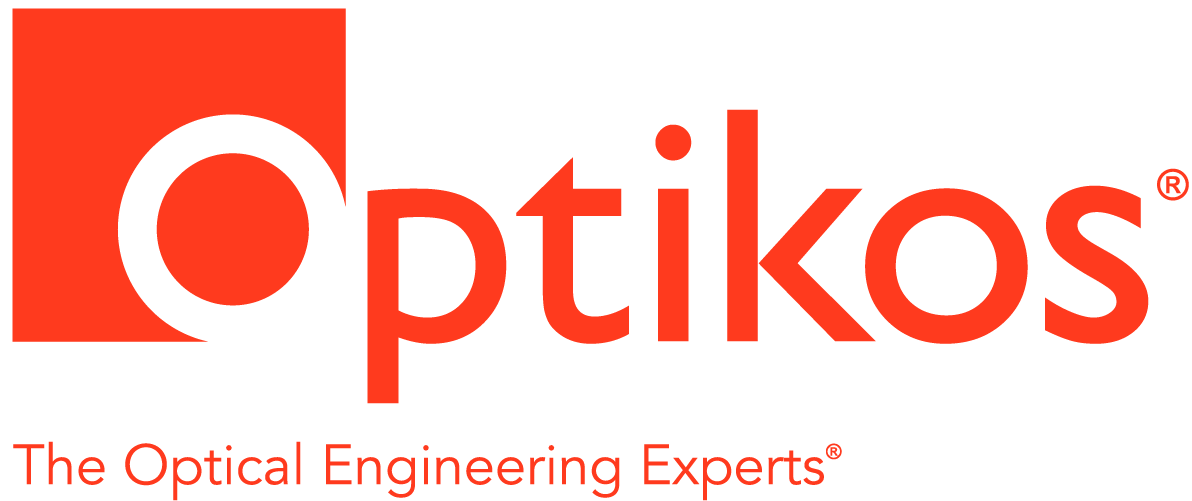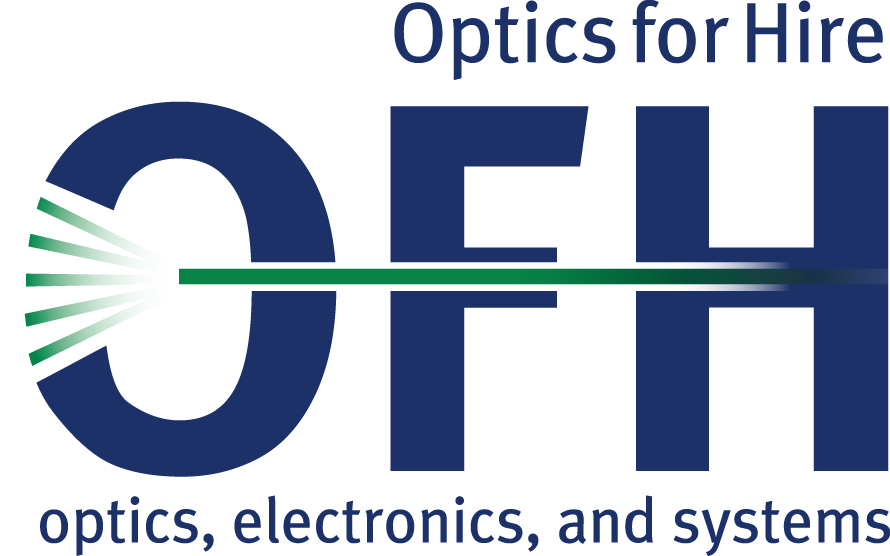Septemeber Meeting: Prof. Erich Ippen, MIT
Optical Clocks, Combs and Arbitrary Waveforms
{slideshare}[slideshare id=9282640&doc=ippennes-osa9-15-11-110916070210-phpapp02]{/slideshare}
Advances in femtosecond lasers that make it possible to generate pulses on the order of one optical cycle are also making it possible to control the underlying electric field waveforms. This new capability is leading to more accurate clocks and to greater precision in spectroscopy and metrology via the associated comb-like frequency spectra that span bandwidths greater than 300THz. By spatially demultiplexing, rapidly modulating the many individual comb frequencies and then remultiplexing, one can generate, for the first time, truly arbitrary optical-frequency electric-field waveforms.
Erich Ippen
 Erich Ippen Professor Erich P. Ippen is a principal investigator in the Research Laboratory of Electronics (RLE) at the Massachusetts Institute of Technology (MIT). He holds appointments as the Elihu Thomson Professor of Electrical Engineering and Professor of Physics. He is one of the leaders of RLE's Optics and Quantum Electronics Group. Professor Ippen received the S.B. in Electrical Engineering from the Massachusetts Institute of Technology in 1962, and then attended the University of California, Berkeley where he received his M.S. in 1965 and Ph.D. in 1968 in electrical engineering. He was a member of the technical staff at Bell Laboratories from 1968 to 1980 where he was one of the founders of the field of femtosecond optics. He joined the MIT faculty in 1980. Professor Ippen is a member of both the National Academy of Sciences and the National Academy of Engineering, and is also a fellow of the American Academy of Arts and Sciences. His many honors include being named the 2001-2002 recipient of MIT's James R. Killian, Jr. Faculty Achievement Award in recognition of his extraordinary contributions to his fields and to the Institute. Ippen and his group continue to pioneer important new areas of optics, particularly in the areas of femtosecond science and ultra-highspeed devices, inventing new methods for generating extremely short bursts of light using lasers, innovating techniques to exploit the time resolution such pulses provide, and using these new techniques to probe ultrafast phenomena in materials.
Erich Ippen Professor Erich P. Ippen is a principal investigator in the Research Laboratory of Electronics (RLE) at the Massachusetts Institute of Technology (MIT). He holds appointments as the Elihu Thomson Professor of Electrical Engineering and Professor of Physics. He is one of the leaders of RLE's Optics and Quantum Electronics Group. Professor Ippen received the S.B. in Electrical Engineering from the Massachusetts Institute of Technology in 1962, and then attended the University of California, Berkeley where he received his M.S. in 1965 and Ph.D. in 1968 in electrical engineering. He was a member of the technical staff at Bell Laboratories from 1968 to 1980 where he was one of the founders of the field of femtosecond optics. He joined the MIT faculty in 1980. Professor Ippen is a member of both the National Academy of Sciences and the National Academy of Engineering, and is also a fellow of the American Academy of Arts and Sciences. His many honors include being named the 2001-2002 recipient of MIT's James R. Killian, Jr. Faculty Achievement Award in recognition of his extraordinary contributions to his fields and to the Institute. Ippen and his group continue to pioneer important new areas of optics, particularly in the areas of femtosecond science and ultra-highspeed devices, inventing new methods for generating extremely short bursts of light using lasers, innovating techniques to exploit the time resolution such pulses provide, and using these new techniques to probe ultrafast phenomena in materials.



